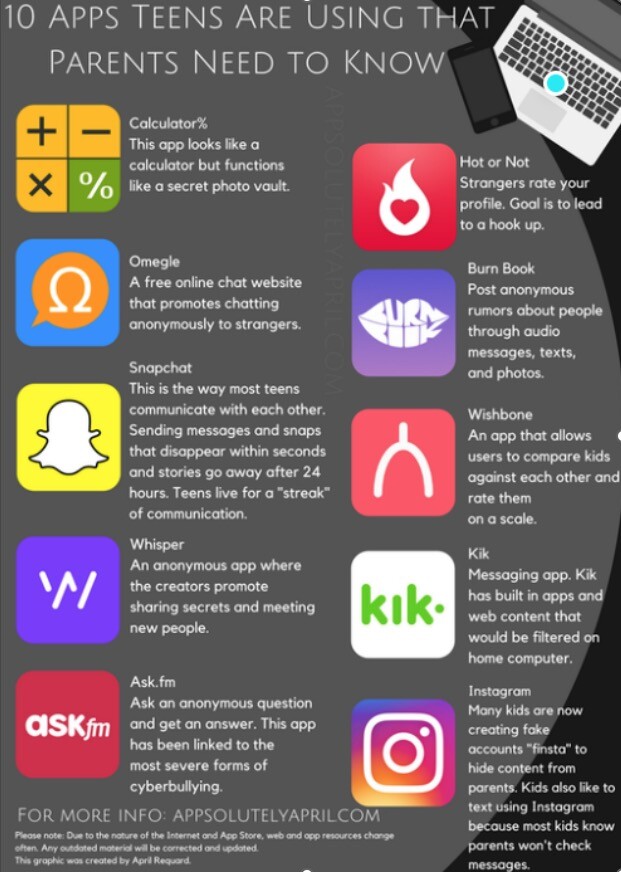Keeping Children Safe and E-safety
Safeguarding
Safeguarding Policy
At Fakenham the welfare and safety of our students are paramount. We firmly believe that all young people have a right to be safe and healthy, and our everyday practices support this principle.
All of our staff are fully trained on a regular basis to identify when a young person may be in need of help. We have clear procedures that we all follow to ensure that any concerns are passed on and dealt with appropriately. In line with government policy, we have rigorous recruitment procedures for all staff. All visitors to the school are made aware of our procedures and are expected to follow them whilst they are on our site or working with our students.
In addition, all of our students are educated about how they can keep themselves safe and the responsibility that the school and its staff have in relation to safeguarding young people. Tutor time SMSC, Learning For Life lessons and Assemblies are the main ways that we communicate key messages about safeguarding, but there are lots of posters around the school in order to promote personal safety and to help students know what to do if they are concerned about themselves or someone else.
The school’s Designated Safeguarding Lead is Mr Gray. The Safeguarding Team work closely together to ensure that the school’s procedures and practices are continually robust and in line with changes in government policy.
If you are concerned about the welfare and safety of a young person please contact the school and we will follow it up using the appropriate procedures.

The Fakenham Academy are part of a jointly run operation between Norfolk County Council and Norfolk Police called Operation Encompass. Operation Encompass has been set up to help schools provide support to children who have been present at incidents of domestic abuse. We know that children can be significantly physically or emotionally harmed when they are involved in, or witness to, domestic abuse.
For more information on Operation Encompass, please click here:
https://www.operationencompass.org/
Helpful links
Norfolk Safeguarding Children Partnership - https://norfolklscp.org.uk/
Keeping safe
NHS 111 option 2
NHS 111 option 2 is a helpline for people of all ages in Norfolk and Suffolk who need urgent mental health support. The helpline is available all day, every day.
If you are experiencing something that makes you feel unsafe, distressed or worried about your mental health, telephone the helpline:
Dial 111 and select the mental health option (option 2)
Who can call?
The helpline is available to members of the public of any age, regardless of whether they are an existing service user.
The line is also open to other healthcare professionals, as well as social care colleagues and police personnel. This is for advice when working with individuals who are undergoing mental health difficulties or may wish to refer someone.
What happens when I call?
A trained mental health professional answers calls and will be able to listen to your concerns and help you get the support you need.
What if I want to remain anonymous?
If you would prefer that the person answering your call doesn’t see your telephone number, you can turn off your caller ID in your phone’s settings.
You can contact the NHS on 111 if you have a non-emergency medical query.
101 non-emergency police number
Remember to call 999 for all other emergencies.
Useful contacts for students
YoungMinds – www.youngminds.org.ukPlace2Be – improving mental health – www.place2be.org.uk
Living Life to the Full, lots of support including CBT https://llttf.com/
https://www.nspcc.org.uk
Kooth – “Need to talk” online support www.kooth.com
Mermaids – Call 0808 801 0400 www.mermaidsuk.org.uk
Frank – Call 03001236600
Victim Support – Call 08081689111 www.victimsupport.org.uk
Samaritans – Call 116 123
Mind – www.mind.org.uk
Kaleidoscope Group – www.kaleidoscopeplus.org.uk
Children & Young Person’s Health Service www.justonenorfolk.nhs.uk/our-services/chathealth for 11-19yr olds- text service.
Who can I contact in an emergency?
Childline: 0800 1111
www.childline.org.uk
Emotional support for children and young people on issues relating to child abuse, bullying etc.
Samaritans. Helpline: 116 123
Email jo@samaritans.org
www.samaritans.org
24hr service offering emotional support.
NSPCC
Contact trained helpline counsellors 24 hours a day by email or online reporting form.
Also call us Monday to Friday 8am – 10pm or 9am – 6pm at the weekends
help@nspcc.org.uk
0808 800 5000
Online Safety
At Fakenham Academy we recognise that being online is an important part of life for our students, not just as part of education, but for social interaction, leisure and creative expression.
We ensure all our students are given regular e-safety training in discrete PSHE lessons, during core days at Post 16 and in assemblies. In this training we cover:
-
Online reputations
-
Cyberbullying
-
Access to inappropriate materials (such as pornography and violence)
-
Sexting and sharing images
-
Sharing personal information
Online Safety Newsletter Secondary - January 2026
Online Safety Newsletter Secondary - December 2025
Parents and e-safety
As parents, we often assume our children know more than us about IT, because many of them spend so much time using it. However, what they don’t know more about is how to be safe, make sound judgements about social interactions and how to get themselves out of a tricky or scary situation.
Although we cover online safety extensively at school, conversations at home are by far the most effective method of protecting our children. Knowing they can turn to someone at home if they make a mistake or if they are unsure about anything can help prevent situations escalating into a more major problem.
There are lots of helpful resources online to support parents with having conversations about online safety. We have gathered together a handful below that contain excellent resources to help you.
If you would like any further information, training or support with online safety. Please don’t hesitate to get in contact: r.gill@fakenhamacademy.org
Safeguarding Snap Chat Info Sheet
On-line Safety Newsletter - November 2024
Helpful Social Media Guides
It is really important that we get students to think about how much of their lives are spent online and the impact this can have on their sleep, mental health and self-confidence. Young people spend more time online-
-
40% of students say they spend more than 5 hours per day at the weekend on social media
-
75% of students say they use social media everyday
-
58% of students said they use social media in the 30 minutes before going to sleep
We all need to help our children control their amount of screen time, as they are not good at doing that for themselves. However, getting them off devices can be a difficult battle. If you would like further information on how to set parental controls or more information on how it can impact on us, please see the links below.


